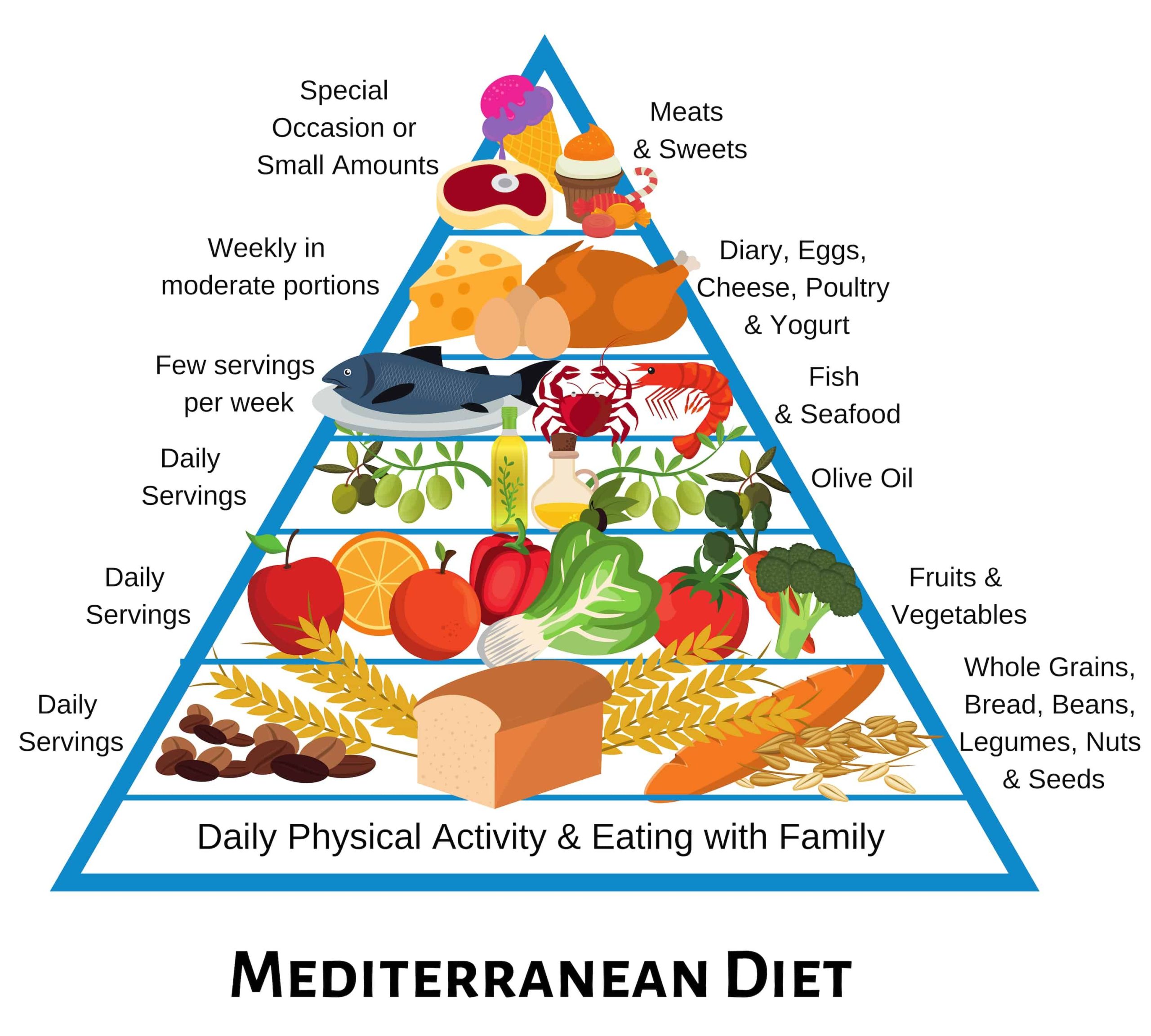When it comes to eating healthy and delicious food, the Mediterranean diet is often praised as one of the best options available. This diet is not only good for your health but also for the environment, as it encourages the consumption of locally sourced, seasonal foods. If you’re new to the Mediterranean diet, here’s a beginner’s guide to help you get started.
What is the Mediterranean Diet?
The Mediterranean diet is based on the traditional eating habits of people living in countries bordering the Mediterranean Sea, such as Greece, Italy, Spain, and Turkey. This diet is rich in fruits, vegetables, whole grains, legumes, nuts, seeds, olive oil, and fish. It also includes moderate amounts of dairy, poultry, and red wine.
Benefits of the Mediterranean Diet
Research has shown that the Mediterranean diet can help reduce the risk of heart disease, stroke, diabetes, and certain types of cancer. It is also associated with a lower risk of developing Alzheimer’s disease and Parkinson’s disease. Additionally, the Mediterranean diet is known for promoting weight loss and improving overall health and well-being.
Key Components of the Mediterranean Diet
When following the Mediterranean diet, here are some key components to keep in mind:
Fruits and Vegetables
Make sure to include plenty of colorful fruits and vegetables in your meals. These foods are rich in vitamins, minerals, and antioxidants, which help protect your body from various diseases.
Whole Grains
Choose whole grains such as brown rice, quinoa, whole wheat bread, and oats over refined grains. Whole grains are rich in fiber, which helps promote digestion and keep you full for longer.
Healthy Fats
Embrace healthy fats such as olive oil, nuts, seeds, and avocados. These fats are good for your heart and can help lower cholesterol levels.
Lean Proteins
Include lean proteins such as fish, poultry, eggs, and legumes in your diet. These foods are rich in essential nutrients and are good sources of protein.
Dairy
Opt for low-fat dairy products such as yogurt and cheese. These foods are rich in calcium, which is essential for strong bones and teeth.
Red Wine
Enjoy a glass of red wine in moderation. Red wine is rich in antioxidants and has been associated with various health benefits when consumed in moderation.
Sample Mediterranean Diet Meal Plan
Here’s a sample meal plan to help you get started on the Mediterranean diet:
Breakfast
Greek yogurt with honey and almonds
Whole wheat toast with avocado
Fresh fruit salad
Lunch
Mediterranean salad with mixed greens, cucumber, tomatoes, olives, and feta cheese
Grilled chicken skewers
Whole wheat pita bread
Dinner
Baked salmon with lemon and herbs
Quinoa pilaf with roasted vegetables
Steamed asparagus
Tips for Success
Here are some tips to help you succeed on the Mediterranean diet:
Plan your meals in advance and shop for ingredients accordingly.
Focus on whole, unprocessed foods and limit your intake of processed and refined foods.
Stay hydrated by drinking plenty of water throughout the day.
Listen to your body’s hunger and fullness cues and eat mindfully.
Experiment with new recipes and flavors to keep things interesting.
Conclusion
The Mediterranean diet is not just a diet but a lifestyle that promotes health and longevity. By following the key components of this diet and incorporating them into your daily routine, you can reap the numerous benefits it offers. Remember to enjoy your meals, savor the flavors, and embrace the Mediterranean way of eating for a healthier and happier life.


